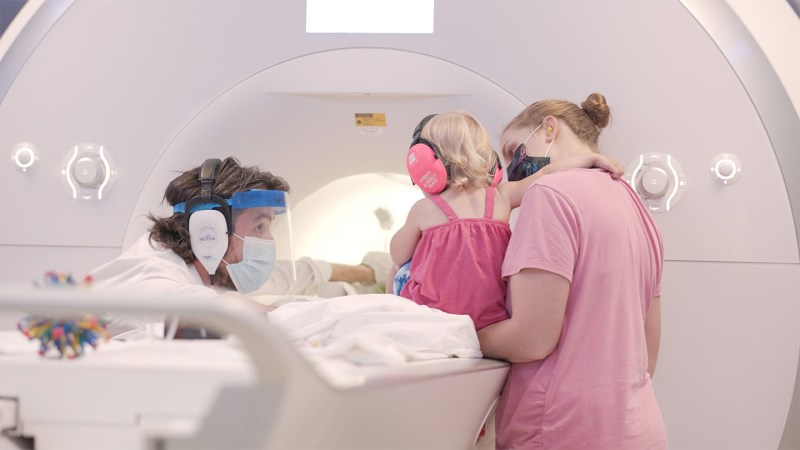A new study led by researchers at the University of South Florida shines light on the environmental drivers of red tide blooms.
Published in the American Society for Microbiology’s journal mSphere, the study is the first to identify viruses…

A new study led by researchers at the University of South Florida shines light on the environmental drivers of red tide blooms.
Published in the American Society for Microbiology’s journal mSphere, the study is the first to identify viruses…

According to a predictive model developed by a CNRS researcher1 and his European colleagues, the microalgae present in peat bogs could offset up to 14% of future CO2 emissions, thanks to their photosynthetic activity2. This conclusion was reached…

Adverse genetic mutations can cause harm and are due to various circumstances. “Jumping genes” are one cause of mutations, but cells try and combat them with a specialized RNA called piRNA. For the first time, researchers from the University of…

Scientists at the University of Leicester have captured the first detailed “molecular movie” showing DNA being unzipped at the atomic level — revealing how cells begin the crucial process of copying their genetic material.
The groundbreaking…

Almost everywhere in California, salmon are on the decline. But in Putah Creek — a restored stream running through the University of California, Davis, campus — wild salmon are not only increasing, they also are completing their life cycle.
A…

Mitochondria are the powerhouses in our cells, producing the energy for all vital processes. Using cryo-electron tomography, researchers at the University of Basel, Switzerland, have now gained insight into the architecture of mitochondria at…

What’s the earliest memory you can recall? While many people’s recollections of the past may stretch back into childhood, research shows that the trip down memory lane generally hits a wall once you reach infancy. In some ways, this…

A new fMRI study reveals that babies as young as 12 months can encode memories, contradicting theories that memory formation is impossible in infancy. Instead, the inability to recall early life may stem from retrieval failures rather than memory…

The seals’ ability to detect the amount of oxygen in their blood may help them make diving decisions and avoid drowning.

A baby’s early life has a lot of milestones: first giggle, first tooth, first step. A brain scanning study adds to the list: first memory.
Infants can form memories, and they use a memory structure in the brain called the…